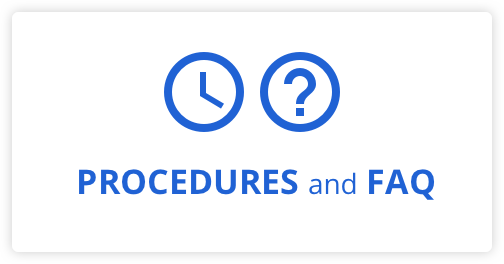Business owners must, to the best of their ability, constantly identify and control risk factors which may threaten the success of their business.
A key person in the business being diagnosed with a critical illness is one of these risks and may affect the growth and viability of the business. In fact, a sudden departure due to illness may have serious impacts on an organization and the execution of the latter’s business plan. Does your clientele include business owners or shareholders? Offer them the opportunity to protect themselves against this possibility with Transition critical illness insurance in shared ownership.
Who is this sales concept intended for?
- Corporations
- Shareholders and key individuals
This financial strategy provides for shared ownership of a critical illness insurance policy between the company and the shareholder or key individual in order to meet the respective needs while offering several advantages for each of the parties involved. The corporation takes out a critical illness insurance policy for the shareholder or key individual. The former is the applicant, the payer and the beneficiary covering its risks associated with the absence of a shareholder or a key individual due to a critical illness. The shareholder or key individual pays the premium for the flexible return of premiums rider which is added to the policy and is the designated beneficiary. If no critical illness claim is filed before the end of the term selected, the premiums paid will be reimbursed, tax-free, in order to complete his or her retirement income.
Tip: This coverage allows a company’s shareholders to buy back shares held by a shareholder who has contracted a covered critical illness. The corporation receives liquidity via the insurance benefit, which allows the other shareholders to acquire the shares. What’s more, reimbursement of the premiums to the shareholder or key individual is a major advantage and promotes loyalty of a key collaborator within the company.
Always a winning coverage!
- With a critical illness diagnosis
The corporation receives the benefit, which gives it the means to pursue its operations and reassure its creditors and clients.
- No critical illness diagnosis
When the policy expires, the premiums paid are reimbursed to the key individual under the flexible return of premiums rider.
- In case of death
With the reimbursement of premiums at death rider, the total premiums are reimbursed to the beneficiary (the payer), tax-free. This is an excellent addition to the coverage which provides compensation, regardless of the situation!
Want to develop this approach?
We have tools that will help you discover or rediscover this business solution and make it easier to integrate it in your sales pitch:
- Transition brochure – Shared ownership of critical illness insurance strategy
- F13-1130A – Shared ownership agreement guidelines
If you have any other questions, contact your regional sales manager.

